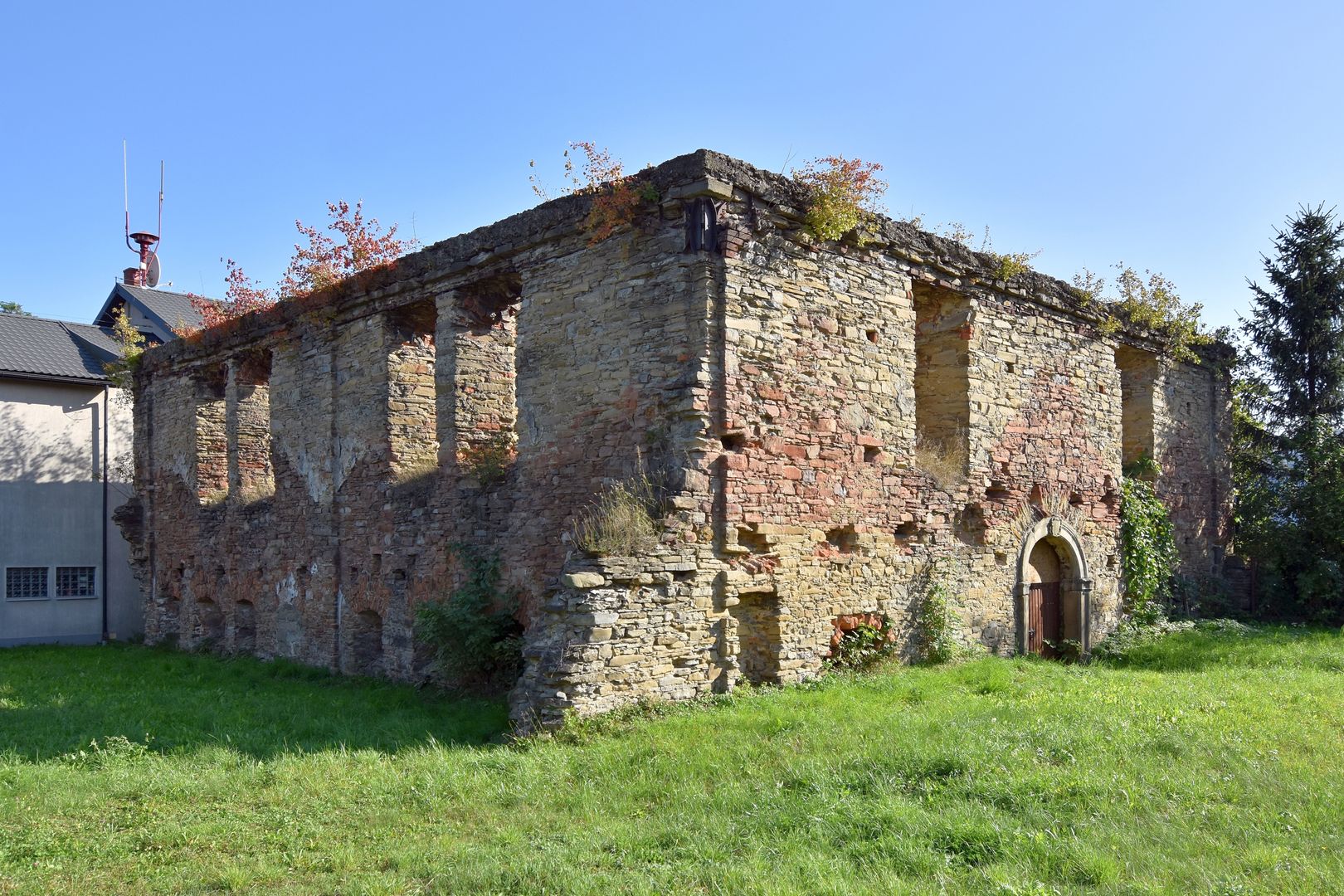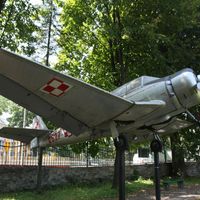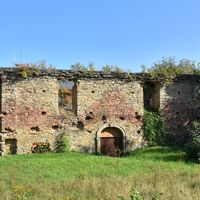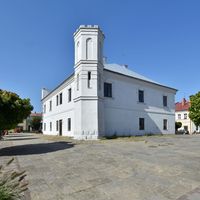Dukla
7.14

Overview
Dukla is a town in the Podkarpackie Voivodeship, known for its rich history, architecture, and beautiful natural surroundings. Situated in the valley of the Jasiołka River, at the foot of Mount Cergowa, Dukla has been inhabited since the Bronze and Iron Ages, as confirmed by numerous archaeological finds. The town, first mentioned in 1336, gained city rights under Magdeburg Law in the 14th century. Over the centuries, Dukla changed hands among various owners, including the Mniszech family, who contributed to the cultural development of the region and the construction of many historic landmarks. The dominant architectural feature is the 18th-century palace complex, now transformed into the Historical Museum, which houses exhibitions related to the region's history, including military artifacts from World War II. In Dukla, it is worth noting the Rococo-style Church of St. Mary Magdalene, which contains the valuable tomb of Maria Amalia of the Brühl Mniszech family, and the Bernardine monastery with its Baroque church. The town was known for its wine trade, as evidenced by the preserved cellars in the Market Square. Dukla was also an important cultural center, with a market history and ties to the Bar Confederation. During World War II, the town was heavily damaged, but it now serves as a tourist attraction, with picturesque hiking trails connecting to the Main Beskid Trail and the European long-distance path E8. Dukla also hosted Pope John Paul II, adding to its spiritual significance. An interesting fact is that Dukla was awarded the Order of the Grunwald Cross, 2nd Class, for its struggle against the Nazi invaders, and it is recognized as a place rich in history and tradition, with numerous monuments and remnants of its Jewish inhabitants that reflect the cultural diversity of the region.
Location
You can also find here:
2026 Wizytor | All Rights Reserved


